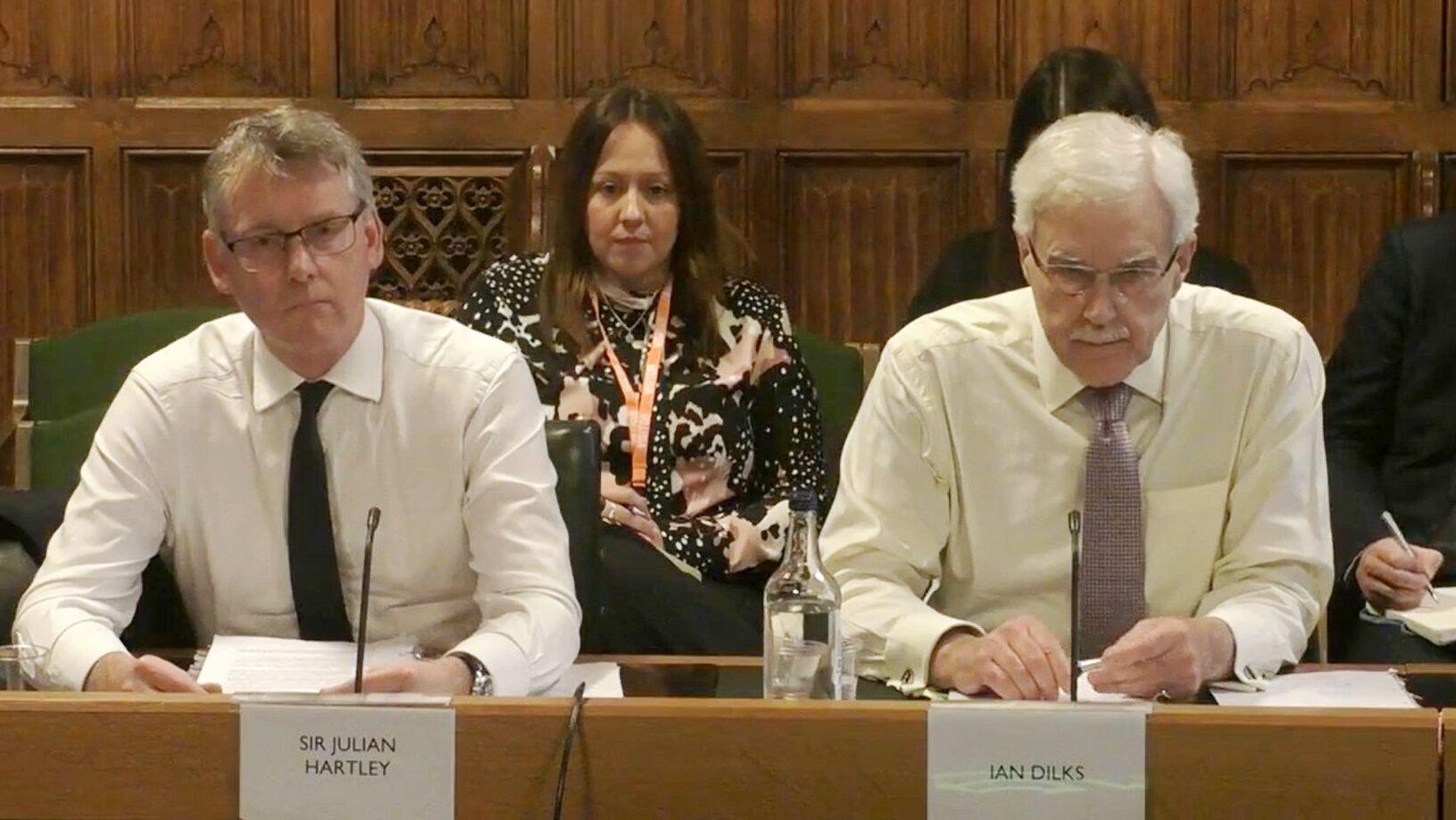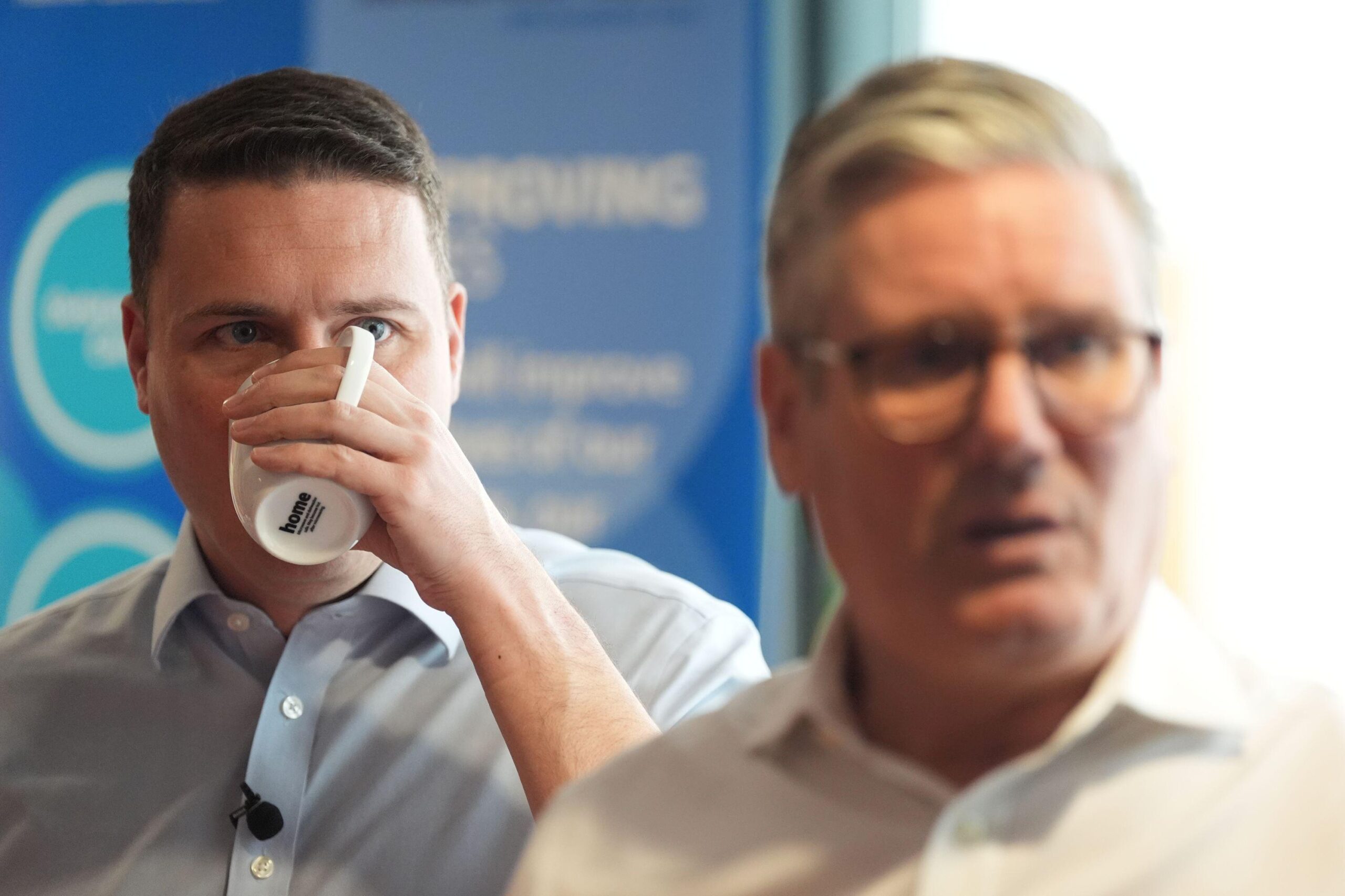A national voice for members in Commissioning Support Units
Hit by mergers and the loss of contracts, MiP is working to support members in CSUs and make sure their voice is heard at national level.

The CSU partnership forum sub-group was set up to enable detailed discussion between unions, employers and
NHS England on organisational change affecting Commissioning Support Units, as well as national issues which arise from time to time, such as funding, STPs and workforce policies.
The group is part of NHS England’s industrial relations framework and is therefore subject to the same terms of reference as other national partnership forums. CSU staff are employees of the Business Services Authority (BSA) – an arm’s length body of NHS England – and CSU staff are hosted by the BSA under a memorandum of understanding.
Negotiating nationally
MiP have two representatives on the group, myself and Phil Kennedy from NEL CSU, which supports Clinical Commissioning Groups (CCGs), mainly in London and the home counties. We are there to gather information and take part in consultations and negotiations with CSU managers on matters relating to employment and the implications of planned organisation change. We stand up for managers and make their voices heard.
This work is important because there is no other forum where NHS England can inform and negotiate with trade unions at a national level on matters affecting CSUs. Working with NHS England, we try to emulate and enhance the good partnership relationships that already exist in many local CSUs.
At our meetings, the group receives and ratifies CSU policies which have passed through the policy sub-group of the National Social Partnership Forum, and we receive reports from every CSU. The CSUs group has successfully challenged local processes for redundancies and TUPE transfers from one CSU to another, as well as the process under which CSUs became autonomous in 2016. We were also engaged locally in the winding up of the Yorkshire and Humber CSU, including the transfer of staff to the eMBED consortium, which won the contract to provide services to the region’s CCGs.
On our radar
Key issues for the CSU partnership group at the moment
- Governance reviews
This work includes an audit by Deloitte with an in-depth follow-up by the CSU Transition Team at NHS England. Workforce is one of four areas under review – with discussions particularly focusing on equality issues. Other areas include finances and how CSUs can work more closely with STPs, accountable care organisations and vanguards.
- Mergers
The recent merger between NEL CSU and South East CSU, for example, raised many concerns among both staff and client CCGs.
- Transfers of staff
Discussions on the terms under which staff may transfer to other employers – particularly local councils – are continuing, with particular concerns over equal pay and pension rights.
- Cost cutting
All CSUs are under pressure to cut costs, especially property costs for CSUs based in London and south-east England. Some CSUs are looking at flexible and remote working solutions.
- Competitive tendering
CSUs must compete for services via the Lead Provider Network. Although CSUs have demonstrated they can compete successfully against the private sector, the procurement process is resource intensive and hard work for CSU staff.
Flexible responses
When they were set up as part of the Lansley reforms in 2013, there were 19 CSUs, but as a result of mergers and the functions of some being taken over by Kier Group and other private providers, only six remain. CSUs are no longer geographically defined, which means in some cases their customers are local or regional clinical commissioners, and in others they include CCGs in other parts of England. Some CSUs also provide services to NHS England, local government and acute trusts. It also means CSUs are competitively positioned to work at scale across a wide geographical footprint.
The most successful CSUs will have the ability to be flexible in response to the changing NHS climate as well as being able to market themselves successfully to win contracts from trusts.
If you want to know more about the work of the group, or about MiP’s support for members working in CSUs, contact Jane Carter: j.carter@miphealth.org.uk.
Related News
-

The inspector falls: why the CQC needs a fresh start
After years of chaos, the Care Quality Commission urgently needs to rebuild trust and credibility with the public and the services it regulates. What needs to change and what are the priorities for new boss Sir Julian Hartley? Alison Moore reports.
-

Voice, value and vision: what analysts need from the NHS
Data analysts play a vital role in an NHS which is increasingly data-driven and focused on public health trends. But the NHS faces fierce competition for skilled analysts and many feel the health service fails to value them or fully use their talents. Alison Moore reports.
-

It ain’t what you do, it’s the way that you do it
The government’s upcoming ten year plan will try yet again to shift the NHS towards community, digital and prevention. The big question is how, writes Craig Ryan. Try honesty, patience, focusing on what matters and empowering staff and local managers—that’s what gets results.